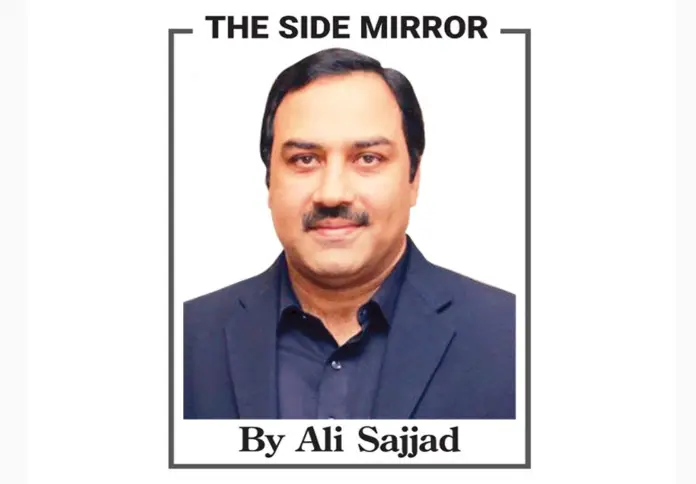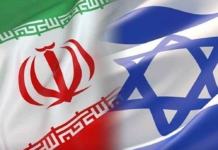I got the opportunity to have a cup of tea with Finance Minister Ishaq Dar in his office in Islamabad on Friday. The meeting took place immediately following his intensive dialogue days with the International Monetary Fund (IMF) delegation, which left Islamabad for Washington just after the staff-level conference concluded.
The IMF has been in the headlines these days; ask anyone on the street, and they will tell you that the release of an IMF tranche is as important as a life-saving medicine for a patient on a ventilator.
Ishaq Dar, on the other hand, was in a pleasant spirit. Ishaq Dar held a news conference before our meeting to discuss the conclusion of the discussions and the next steps.
So, naturally, my first query was why the IMF delegation did not sign a staff-level agreement with Pakistan.
Mr Dar stated that this was not his first encounter with IMF personnel, and he was familiar with their procedures. For the first time, he negotiated with the IMF in 1998, when then-prime minister Nawaz Sharif conducted nuclear testing and faced economic penalties as a result.
Ishaq Dar negotiated with the IMF at the time and came up with a deal. The country was returning to economic normalcy when the bloodless coup on October 12 occurred, and the rest is history.
Ishaq Dar had sporadic discussions with the IMF when the PML-N regained power in 2013 and he took control of the economy. But those were enjoyable rides.
Ishaq Dar said, “I think this was the worst period to negotiate and deal with them (the IMF)”. “This time the IMF was stricter than ever, and all this debacle occurred because of the fiasco left over by the former government of Imran Khan,” he said in his justifications. He claimed that the PTI administration had entered into the worst deal possible with the IMF, sending the nation’s economy into a destructive spiral.
“The previous government agreed on such terms that have already greatly harmed us and could harm us even more.”
Even though it is customary for the current government to abide by any agreements that the previous one signed, he claimed he was unwilling to continue with such dire terms.
He continued, “I was able to reduce a long list of taxes and lessen their effects as much as I could. He said that following the conclusion of the ninth review of a $7 billion loan programme, the IMF effectively concluded the negotiations and released the Memorandum of Economic and Financial Policies (MEFP).
Therefore, the IMF has essentially concurred, and the agreement will be inked very shortly.
The next query I posed concerned the State Bank of Pakistan’s foreign exchange reserves, which had dropped to a nine-year low of less than $3 billion and had caused widespread concern about a potential default. According to the finance minister, that will never occur and things will get better soon once the agreement with the IMF is completed. Second, friendly nations have confirmed and committed to providing us with soft loans, so we will also receive $4 to $5 billion from them.
Do friendly nations mean what was promised in the Geneva flood aid pledges?
No, he answered.
“I’m referring to financial commitments other than pledges made during the Geneva meeting. The promised flood donations, which will be released, are also on wait.
Do you believe that you delayed the IMF deal? Yes, but the main reason for the delay was the old agreement’s strictest clauses. The terms give the idea that Pakistan’s financial ruin was intentionally intended. We didn’t have any delays with the IMF programme; rather, IK’s trustworthiness and IMF staff’s scepticism were issues, and as finance minister, I dealt with the fallout.
When will things return to normal?
“I promise you I’ll board the Pakistani economy aircraft and the country will hear the good news one by one in a couple of weeks.”






